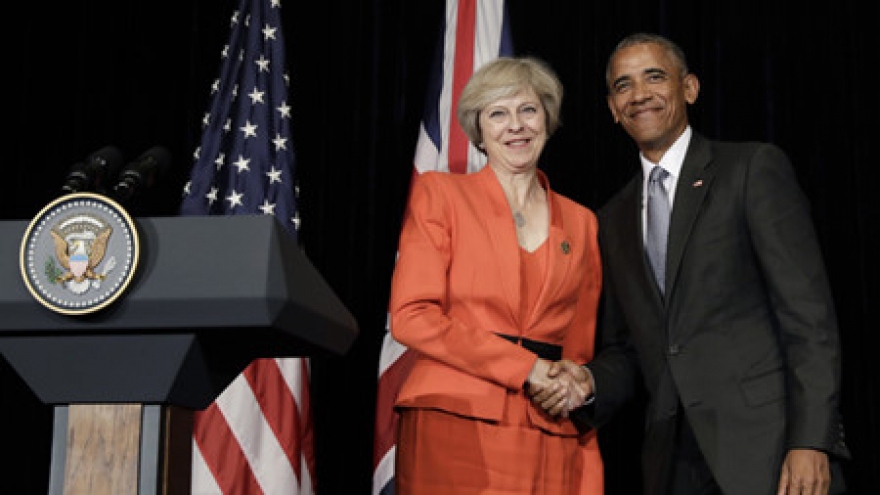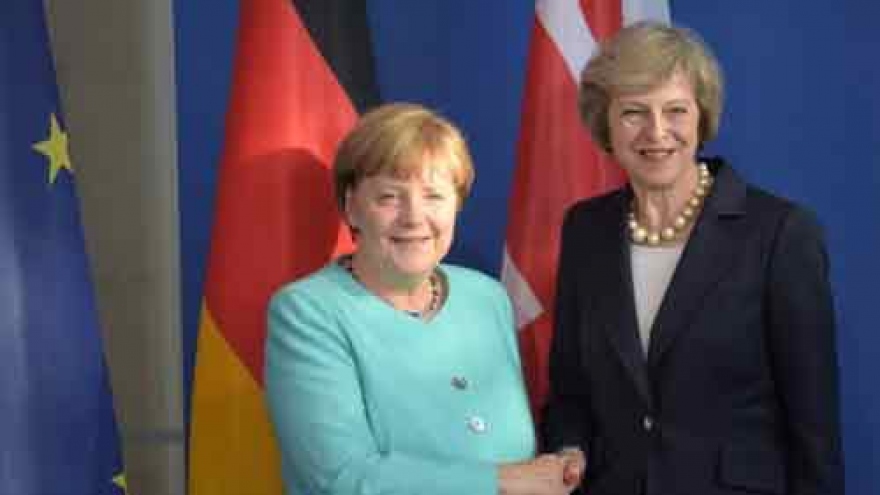Scotland could control its own migration after Brexit, says Scots minister
Scotland may try to wrest control over migration as part of a new enhanced devolution deal once Britain leaves the European Union, Scotland's minister for EU negotiations said on October 14.
 |
Scotland voted in the June 23 referendum to stay in the EU, while England voted to leave, partly due to concerns over large-scale immigration from other EU countries. British Prime Minister Theresa May has promised to launch the two-year legal process of Brexit by the end of March 2017.
Immigration is one area where the British government has leeway to accommodate Scotland's different economic and demographic needs within a new constitutional set-up, Michael Russell told Reuters in an interview on the sidelines of a conference of his Scottish National Party (SNP).
"Free movement of people, technically, is reserved (for the national government) but actually it's vitally important for us," said Russell, charged with trying to ensure that London respects Scottish interests in the Brexit negotiations.
"You don't need a hard border (between England and Scotland), you just have to make sure that people don't have the same entitlements on one soil and on another," said Russell, a pro-EU minister in the devolved Scottish government in Edinburgh.
Scotland, the sparsely populated northernmost part of the UK, says it needs immigrants to shore up its economy and boost skills in remote rural areas. The pro-independence SNP has criticized May's government for trying to limit immigration.
ENGLISH WORRIES
However, the number of migrants entering the UK from the EU is perceived as a problem in much of England, which is much more densely populated and where May's ruling Conservatives have their voter base. England has 53 million of the UK's total 63 million people, while Scotland has only five million.
Russell did not explain how Britain might accommodate two separate migration policies. The UK government would be concerned about the possibility of EU workers using Scotland as a springboard into the rest of the country.
There are already concerns that customs checkpoints and passport controls may have to be introduced on the border between Ireland, an EU member, and the British province of Northern Ireland after Brexit.
Scots have been irked by recent comments of UK ministers suggesting that Britain could leave the EU's single market for goods and services in return for reimposing control over its borders. The comments have driven the pound to fresh lows.
Scotland hopes to retain free access to the single market in recognition of its voters' desire to stay in the EU, something First Minister Nicola Sturgeon says is "vital" to business.
The idea that Scotland could retain single market membership, or as many elements of it as possible, was floated at the SNP conference on Thursday. But it has yet to be brought before the UK government because negotiations are at such an initial stage, Russell said.
Scotland will attempt to shine some light on the UK negotiating process with Brussels, he said.
"We will bring to the negotiating table, presumably when there is one ... that dose of rationality," he said.
The prospect of leaving the EU has upset many Scots who rejected Scottish independence in the 2014 referendum because they feared that would entail losing EU membership.
But opinion polls suggest Britain's vote to leave the EU has not led to an increase in support for Scottish independence.
Sturgeon said on October 13 her devolved government would publish a blueprint next week for a possible new independence vote. However, she has not said if or when the bill would be presented formally to the Edinburgh parliament.
May has denounced "divisive nationalists" and said there would be no Brexit opt-out available for Scotland, Northern Ireland or Wales. A majority in Northern Ireland voted to stay in the EU, while the "Leave" camp won in Wales.



